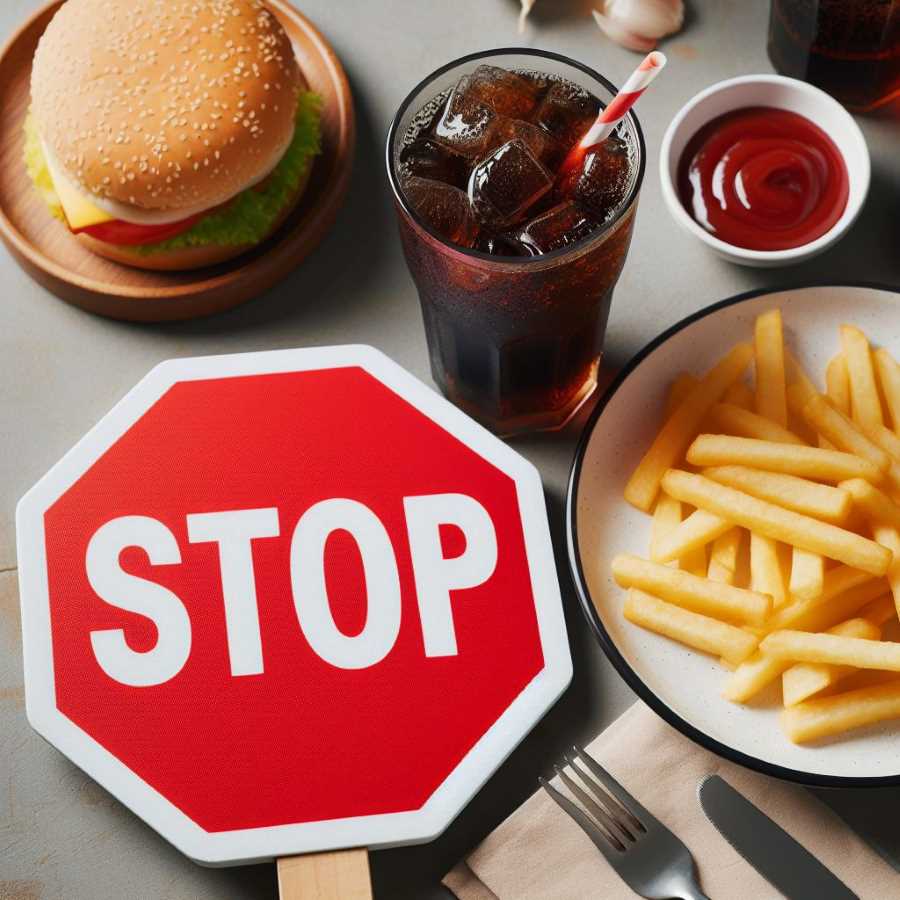Can Mexico Win the War on Junk Food Marketing?
Mexico fights childhood obesity with stricter junk food ads. Self-regulation failed, so schools banned sales, sugary drinks taxed and packaging labeled. Now, the battle moves online as social media and influencers become new frontiers.

Advertising is a vital force in economies, since advertisers need wide dissemination and the media require it to live; It is the basis of consumption, of “moving” capital and its economic importance is central. However, the problem of junk food concerns us all.
The director of the Faculty of Political and Social Sciences (FCPyS) of the UNAM, Carola García Calderón, pointed out the above and said that the promotion of foods and beverages of low nutritional value has had attempts at self-regulation, while advertising organizations fought because “rigid and discretionary” restrictions of the State will be eliminated.




